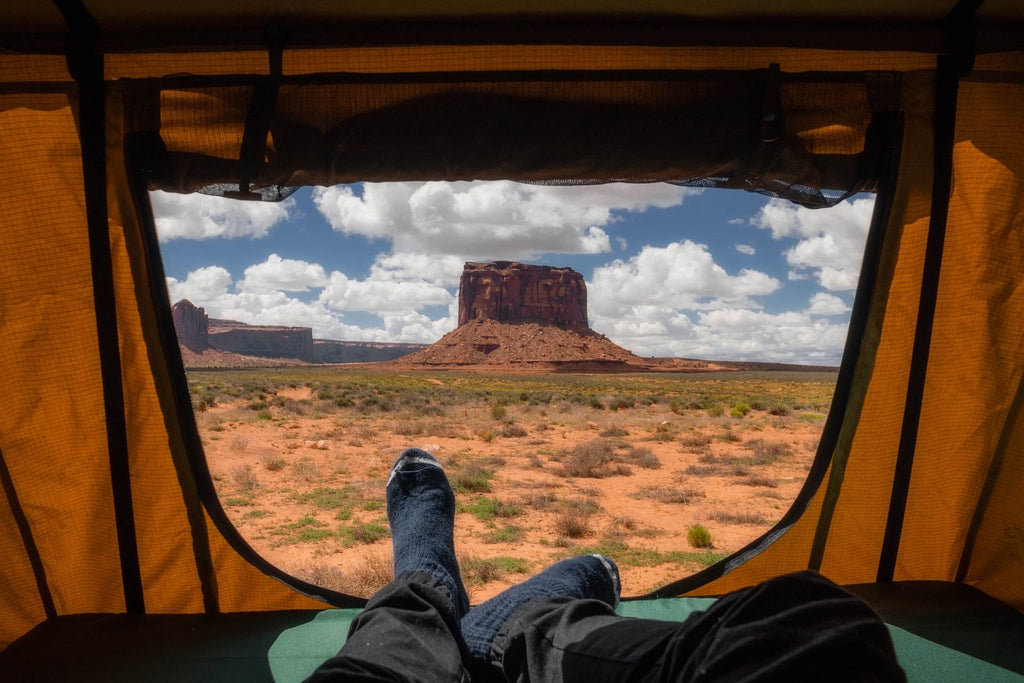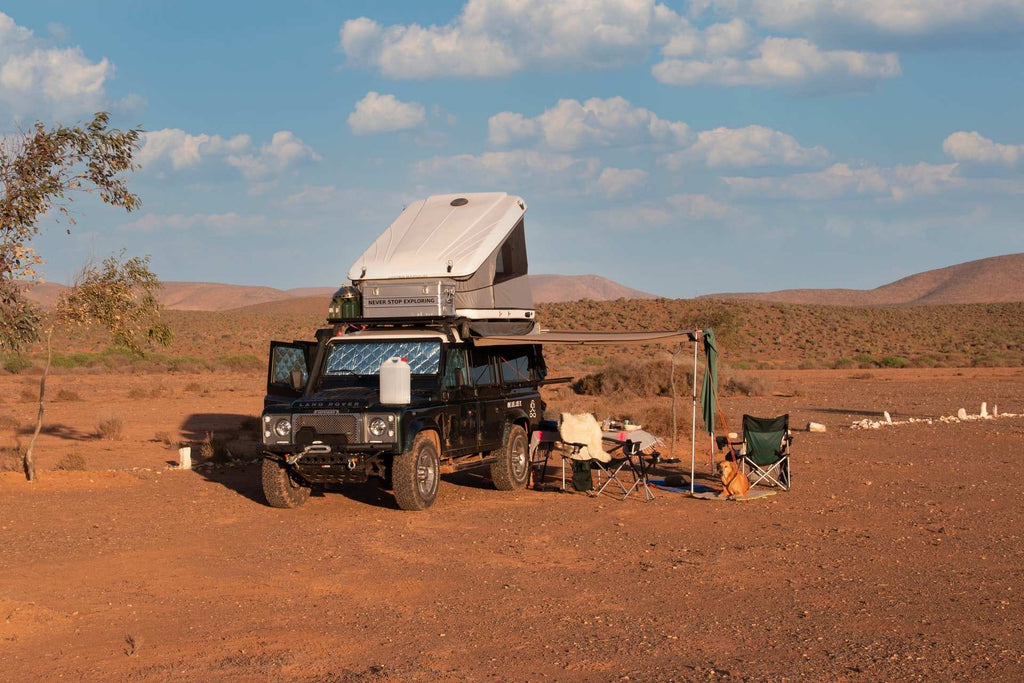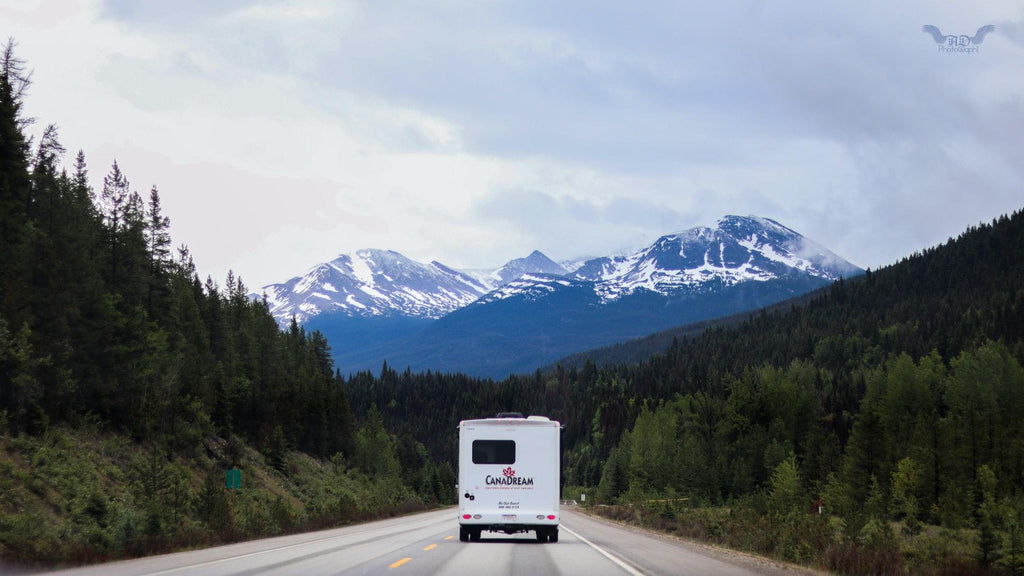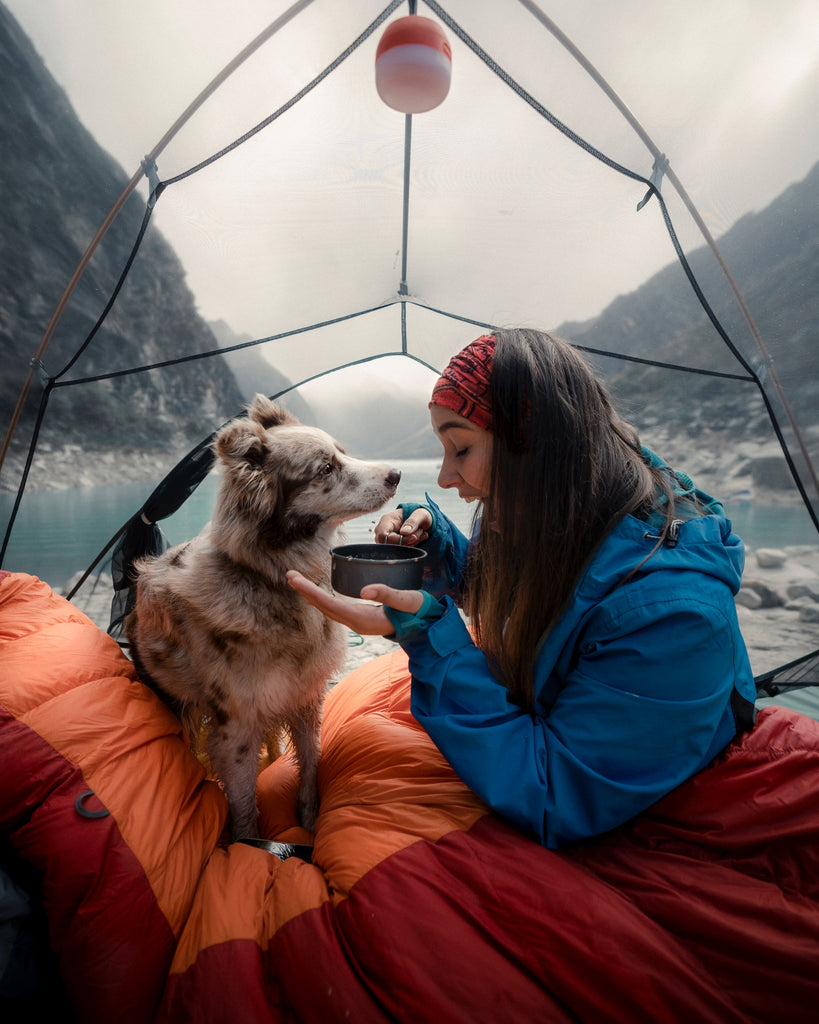
10 Tips And Tricks For Wilderness Survival
Being in the wilderness is an exciting experience, but it can also be terrifying and uncomfortable. Perchance you are on a wilderness camping trip with friends or family for a getaway adventure, or you lost your path on a hiking trip. Predicting the possible events waiting to happen, such as injuries or getting lost, can plant fear in your hearts.
When you don’t know how to get back to the trailhead, and it’s just you and the wilderness with no hold of civilization, or in an area with no efficient network coverage, you need certain survival skills to protect yourself from harm.
Here are ten wilderness survival tips and tricks every wilderness adventurer should know, just in case.

1. Efficient communication
It’s an excellent practice for outdoor survival always to let someone know where you are going. To avoid issues like kidnappings or losing your way and getting lost, you should avoid taking a single path far from others and ensure you give close friends and family or someone you trust enough information on your plans before setting off on a trip. Let them know where you are going, the exact route you intend to take, and the length of time you will be gone.
2. Exhibiting self calmness
Your attitude needs to be in check. It’s typical to be in a panic mode. In situations like this, it’s wise you keep calm and think positively no matter how alone and scared you may feel. Keep a realistic outlook and diligently plan yourself in the best possible physical and mental state. Remember, even if something is not working out, do not rush. Take a deep breath, stay calm to avoid freaking out while observing your surroundings, and think of what you need.
3. Building shelter
Getting creative with building shelter is a priority in mastering how to survive in the wild. An overhead covering can bring warmth in the night and protect you from the elements. Look for overhangs that can be combined with limbs and leaves. Use pine needles and cover the ground in thick batches for excellent bedding.
4. Sourcing for water
Finding water is essential to outdoor survival in the wild. Be wary of drinking stagnant water such as lakes or ponds since these sources contain pathogens and bacteria. If you can wait for rainfall, gather clean water and store it for drinking. Snow is another source of good water. Chop up the ice, then use your body heat to melt the water if the sun isn’t doing it. Certain plants you can find in the wild serve as water sources, such as cattails, cottonwood, or willows. Also, you can prefer to dig for water or collect water from vegetation like dew on plants and grasses. Use a piece of clothing to soak up the dough and squeeze it into a container.

5. Starting a fire
Fire in the wild aids in cooking, providing light, warmth, and protection from predators and bugs. It’s best to learn alternative methods to build a fire depending on when needed. Create a tinder bundle using pine needles, dry leaves, milkweed, and dry grass. Gather small dry sticks for kindling and find larger pieces of wood. By creating a nest out of the tinder, also generate a tipi out of the smaller kindling, oxygen can get in. Enkindle the fuel, place it under the tepee, and use long, steady breaths to spread the flame.
6. Navigation
Even while lost in the wilderness, it’s best to relax and own awareness of your environment. Check for landmarks like rocks, distinctive trees, lakes, or rivers. Resist the urge to wander around if you are in doubt because spending 10 minutes of your time wandering can save you a couple of hours of walking back to the point you got lost. Knowing how to navigate is essential. Compasses are helpful navigators, but there are other tricks you can use to find your way. Remember, you can also get old school and use the stars.
7. Eating healthily
Malnutrition is both physically and mentally draining, and looking for good and healthy food in outdoor survival mode is frustrating. It’s easy to feel weak, hysterical, and cranky in this condition. When in a wild survival state, you should know that being picky with your food is not an option since you have to do with easy meals and whatever food is available. Sometimes bugs, fruits, leaves, eggs, and just anything edible and less harmful may be the only choice for food.

8. Taking Inventory
Regardless of how things go, you should ensure you keep every item with you. If things go south, these essential camping gear can become a life-saver and your most prized possessions. Go camping with a camping tent, a comfortable backpack, and your Acevolt Campower portable power station to keep your devices alive. You never know when you need to send S.O.S. Regardless of the number of items with you, hold onto them and ensure you have proper records.
9. Making defensive tools
Wild animals like bears, wolves, and cougars can confront you in the wilderness. While gathering the items you need for survival camping, you should ensure you have the right tools. Not only to cut tree stocks or build shelter, the pocket knife, multi-tool, saw, and a shovel can come in handy in several situations. You also need to master specific survival skills like making simple spears for protection and fishing or catching small games, creating a fork by splitting the end of the stick, and attaching it to a wooden wedge or small stone. Sharp objects can be excellent defensive tools.
10. Think of a plan
The main aim is to survive, but don’t forget that you may need rescuing. Think of actionable plans if you hear a search party close by or a plane flies overhead, like using two mirrors. However, one signaling mirror may not be compelling enough because of the different positions of the sun. You can use the mirror to reflect the light off the first to ensure people can see it from above. Other options are to lay out stones in the pattern of HELP or S.O.S. or prepare a giant visible fire pit n the open.

Conclusion
Remember that the unexpected can happen in the wilderness in a split second. It’s important to prepare and keep your devices alive. You can go with a solar generator that runs on solar panels and use the sun as a source of fuel. It may just be you and the wilderness, with no internet, water, shelter, and food. Still, surviving in the wilderness can be more memorable than a horrible experience with these wilderness survival guides and camping hacks.























Leave a comment